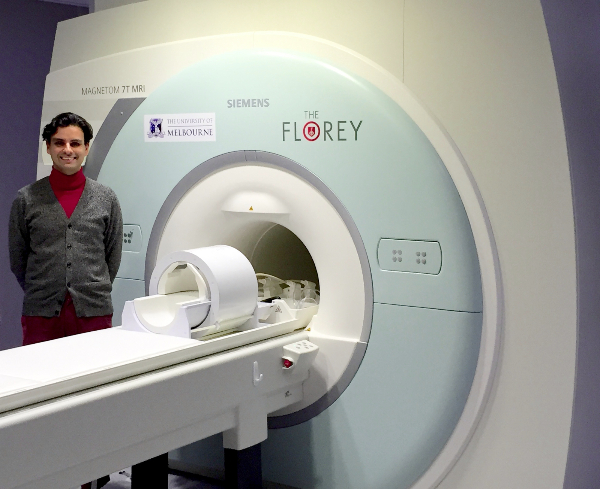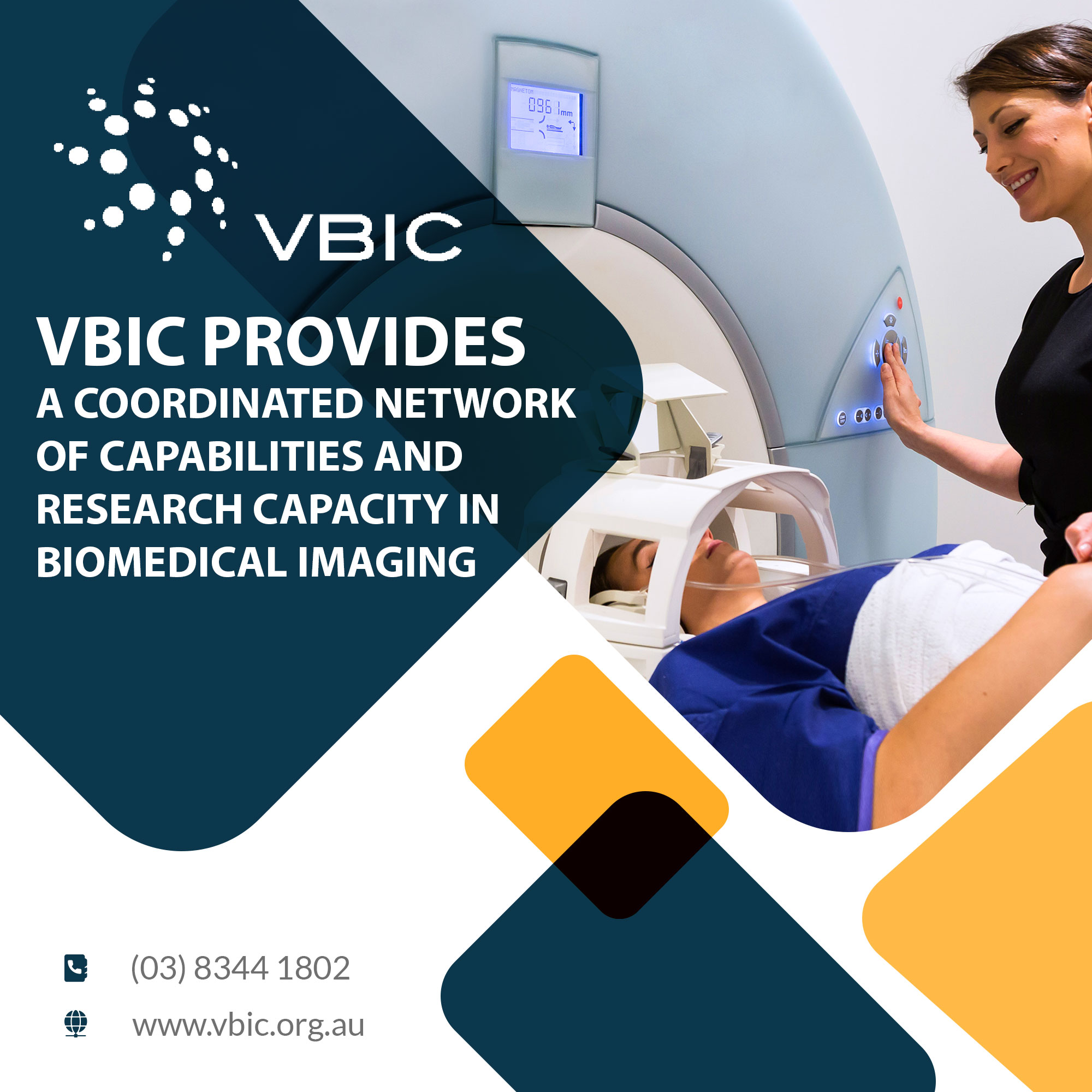Dr Jon Cleary’s research is focused on multiple sclerosis which is an autoimmune condition characterised by inflammation and and destruction of the myelinated axonal fibres of the central nervous system.
Dr Cleary tells us about his experience:
I am a new University of Melbourne McKenzie Research Fellow – just arrived from London – and am delighted to be starting at the MBCIU.
I am a clinician-scientist with an MBBS-PhD from University College London. My PhD work focused on developing high-resolution microscopic MRI, creating 3D scans with a <50μm resolution: images comparable to a conventional light microscope. Ambitious international efforts are underway to produce thousands of knockout and transgenic mice, with the aim of identifying new models for the study of human diseases and to develop novel therapies. I used these MRI techniques to enable automated anatomical phenotyping of mouse embryos and mouse brains, working with models of CHARGE and Down syndromes. With the sheer numbers of new mice being produced, these techniques may help alleviate the burden of phenotyping faced by geneticists and enable faster discovery of new disease models.
I returned to clinical work and have just completed the London Academic Foundation Programme, which included a 4-month rotation in nuclear medicine. There I was looking at neurological applications of the PET tracer 68Ga-DOTATATE (usually used for imaging neuroendocrine tumours) and found it could also be more sensitive for the detection of meningiomas (a common brain tumour that can lead to compression of brain structures if left untreated) than standard clinical MRI protocols.
As a future radiologist – a specialty which is shaped by new technology – I felt it was important to engage in further imaging research prior to starting my registrar training. Here at the Unit we are very lucky to have access to 7T ultra high field MRI and PET-CT scanners and I hope to be involved with projects on both systems during my time here.
Initially my research will be focused on multiple sclerosis, which is an autoimmune condition characterised by inflammation and destruction of the myelinated axonal fibres of the central nervous system. I have seen first hand the often unpredictable and devastating course of the disease, with patients suffering severe physical disability in its later stages that has a profound effect on families and carers. The mechanisms of MS are elusive but it is thought that microglia, the innate immune cells of the central nervous system, could play a key role. My work will be focused on multimodality imaging of MS patients with both a specific microglia PET tracer and 7T MRI. This aims to identify novel biomarkers that might enable better assessments of disease severity and prognosis.
It is a privilege to be involved in the development of the new imaging systems and techniques that one day will become a routine part of clinical practice. I am very much looking forward to my time here at MBCIU.




0 Comments